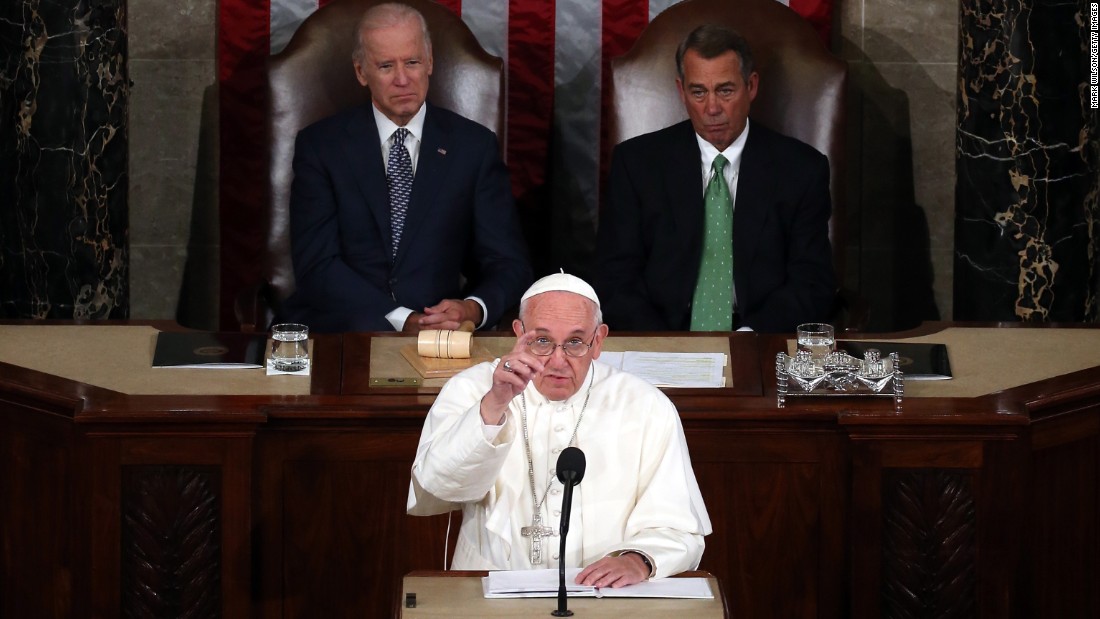Isaiah 24:1-23
"See, the Lord is going to lay waste the earth and devastate it; he will ruin its face and scatter its inhabitants— 3 The earth will be completely laid waste and totally plundered. The Lord has spoken this word" (Isa 24:1, 3).
"See, the Lord is going to lay waste the earth and devastate it; he will ruin its face and scatter its inhabitants— 3 The earth will be completely laid waste and totally plundered. The Lord has spoken this word" (Isa 24:1, 3).
- Earth destroyed (24:1-13). Humanity in chaos.
- Ultimate praise (24:14-16)...but present devastation (Isa 24:16b).
- Cosmic judgment (24:17-23)...ending in sheer glory (Isa 24:23).





